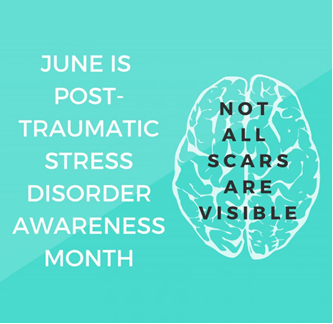
By Christopher Menschner and Alexandra Maul, Center for Health Care Strategies
Because of the potentially long-lasting negative impact of trauma on physical and mental health, ways to address patients’ history of trauma are drawing the attention of health care policymakers and providers across the country. Patients who have experienced trauma can benefit from emerging best practices in trauma-informed care. These practices involve both organizational and clinical changes that have the potential to improve patient engagement, health outcomes, and provider and staff wellness, and decrease unnecessary utilization. This brief draws on interviews with national experts on trauma-informed care to create a framework for organizational and clinical changes that can be practically implemented across the health care sector to address trauma. It also highlights payment, policy, and educational opportunities to acknowledge trauma’s impact.
Share This Post!
Post-Traumatic Growth
Psychology Today Post-Traumatic Growth is the positive psychological change that some individuals experience after a life crisis or traumatic event. Post-traumatic growth doesn’t deny deep distress, but rather posits that adversity can [...]
Talking to Children About War
Provided by the National Child Traumatic Stress Network The recent tragic events in Israel has impacted many directly who have experienced a personal loss or by witnessing this type of violence [...]
Key Ingredients for Successful Trauma-Informed Care Implementation
By Christopher Menschner and Alexandra Maul, Center for Health Care Strategies Because of the potentially long-lasting negative impact of trauma on physical and mental health, ways to address patients’ history of [...]
What is post-traumatic stress disorder (PTSD)?
By The National Institute of Mental Health Post-traumatic stress disorder (PTSD) is a disorder that develops in some people who have experienced a shocking, scary, or dangerous event. It is natural [...]
InBrief: Early Childhood Mental Health
Published by The Center on the Developing Child, Harvard University The science of child development shows that the foundation for sound mental health is built early in life, as early experiences—which [...]
At the Intersection of Autism and Trauma
By Lauren Gravitz Having autism can sometimes mean enduring a litany of traumatic events, starting from a young age. “We know that about 70 percent of kids with autism will have [...]







